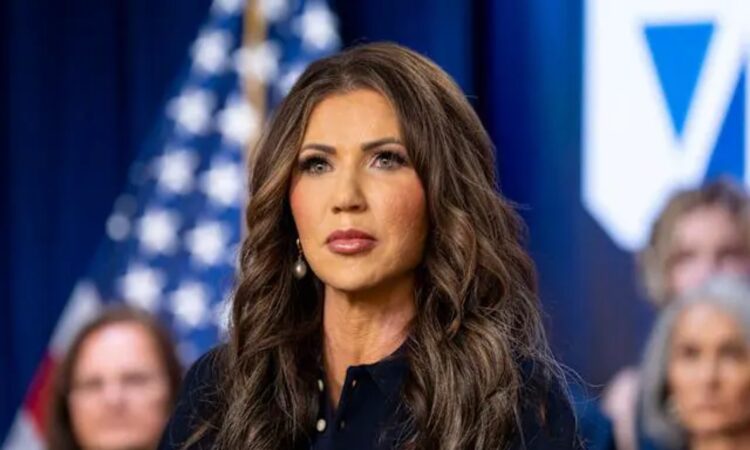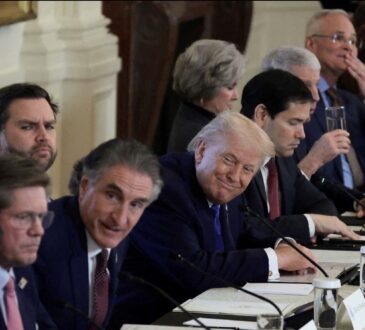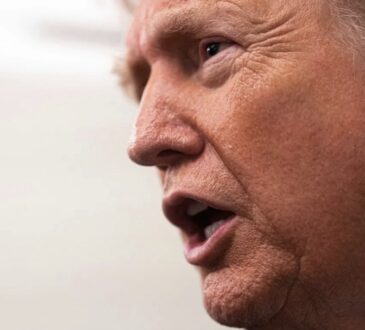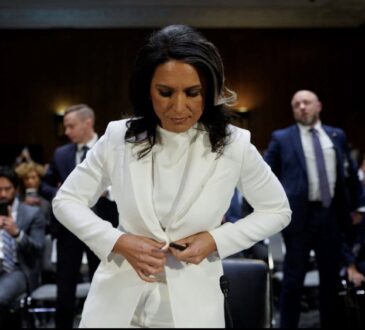Judge blocks Trump administration from revoking protected status for thousands of Venezuelans

A federal judge has stopped the Trump administration from canceling a program that protects about 5,000 Venezuelans from being deported. These individuals were allowed to stay in the U.S. under a policy called Temporary Protected Status (TPS), which lets people from certain countries live and work in the U.S. if their home countries are unsafe.
Earlier this year, former Homeland Security Secretary Alejandro Mayorkas, under the Biden administration, extended this protection for Venezuelans until October 2026. But in February, after the new Trump administration began, current Homeland Security Secretary Kristi Noem tried to end that extension.
Judge Edward E. Chen, based in San Francisco, ruled that Venezuelans who got official paperwork showing their protection lasts through October 2026 must be allowed to keep that status for now. That means they can’t be deported while the legal battle is ongoing.
The National TPS Alliance and several Venezuelan TPS holders had sued the Department of Homeland Security after Noem’s decision. They said the move was racially biased and didn’t follow proper legal procedures. They pointed to Mayorkas’ earlier decision to extend the protections as evidence that Noem’s reversal was unfair.
This is all part of a larger court fight that could impact around 350,000 Venezuelans who were given TPS in 2023.
Even though the judge ruled in favor of some Venezuelans keeping their protection, the Trump administration recently asked the Supreme Court to let them move forward with ending TPS. The Supreme Court responded with a short order that technically gives the administration the green light to revoke the protections — but the fight isn’t over yet.
The Trump administration has been focused on speeding up deportations and has already removed tens of thousands of undocumented immigrants. Some of those actions have also been questioned in court, like the case of a man from Maryland who was wrongly deported to El Salvador by mistake.
This ongoing legal struggle shows the tension between immigration policies from different administrations and how court decisions are shaping what happens next for many immigrant families.




